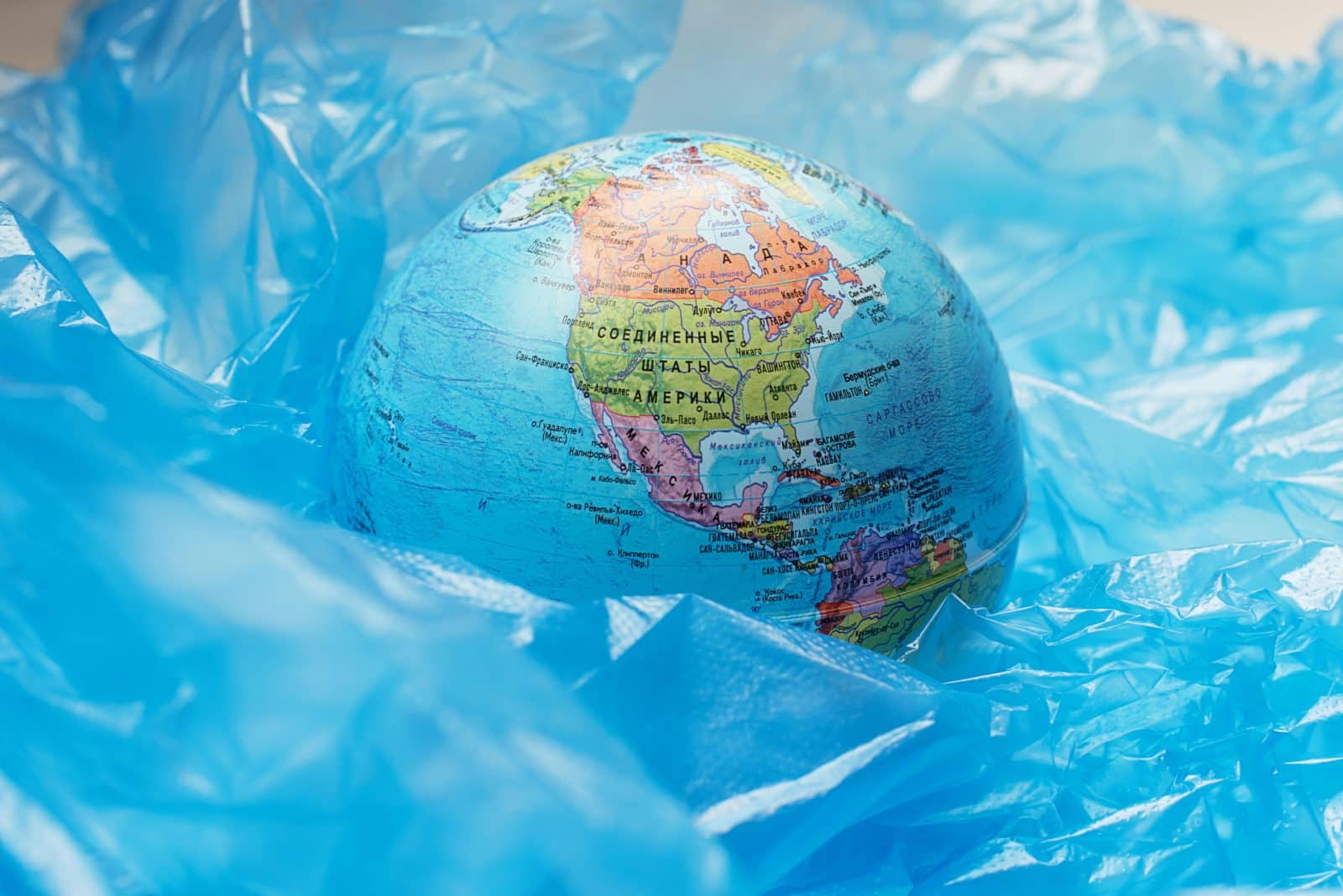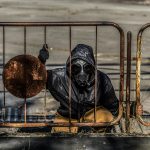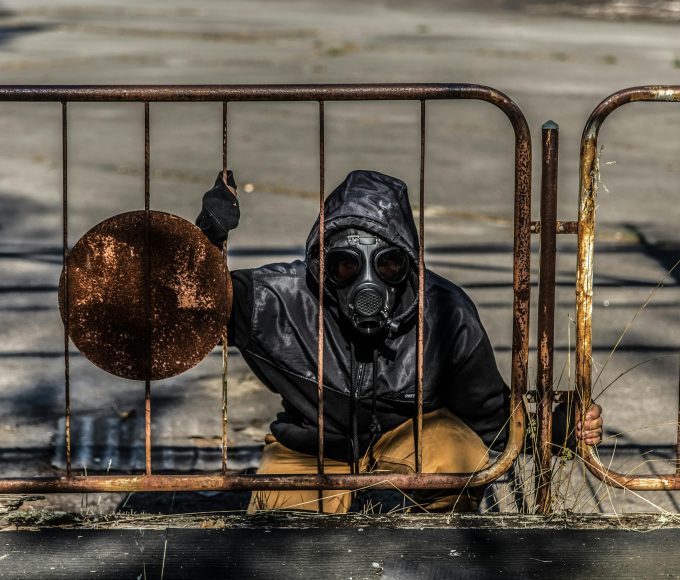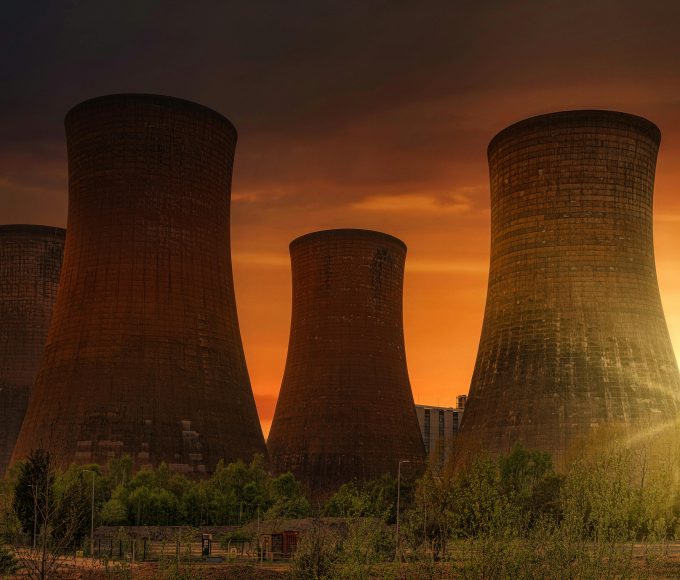It’s not AI. It’s not climate change alone. It’s not nuclear war either. The biggest problem humanity faces in the next century is systemic global instability — a complex, interconnected breakdown of the systems we rely on to survive.
Let’s unpack that.
What Is Systemic Instability?
Systemic instability happens when the pillars holding civilization together — food, water, energy, climate, economics, governance, and social trust — start wobbling at the same time.
One system fails, it stresses the others. They begin to collapse like dominoes. Think of the 2008 financial crash. Now imagine that happening across multiple systems—but worse.
We’ve never been more globally connected. That means we’ve never been more vulnerable to cascading failures.
Why This Is Different From Past Crises
In history, if one empire collapsed, others survived. Today? No backup planet. No isolated economy. Every country is tied into a web of trade, data, finance, energy, and supply chains.
For example:
-
A heatwave in India limits wheat exports → prices rise globally → unrest in poor nations → refugee crises.
-
A cyberattack on the U.S. grid → ripple effects on hospitals, banks, airports.
-
A war in Taiwan → disrupts semiconductor production → global tech stalls.
This isn’t sci-fi. It’s fragile reality.
Key Pressure Points to Watch
1. Climate Disruption
Extreme weather is now regular. Droughts, floods, and shifting seasons strain agriculture, cities, and migration systems. The earth isn’t just warming — it’s destabilizing.
2. Biosphere Collapse
We are losing pollinators, fisheries, forests. If ecosystems collapse, food systems follow. No technology can replace entire biomes.
3. Resource Scarcity
Clean water, rare minerals, fertile soil — all under pressure. Wars have already started over water and oil. More will come.
4. Geopolitical Tension
Rising nationalism, AI arms races, cyber warfare, rogue states with nukes. The chance of global cooperation is shrinking — just as we need it most.
5. Information Breakdown
Social media has fractured truth itself. People no longer agree on basic facts. Without shared reality, collective action is almost impossible.
Why We’re Not Ready
We still solve problems like it’s the 20th century — in silos, with short-term goals, and national borders. But 21st century threats don’t care about borders. They move fast and globally.
No one government, company, or billionaire can fix this alone.
What Humanity Needs to Do
1. Think in Systems
Education, media, and leadership must start teaching people how systems work — feedback loops, delays, risk compounding. This helps us spot fragility before it becomes collapse.
2. Global Governance 2.0
The UN and World Bank were built after WWII. We need updated institutions for today’s global risks — more agile, more trusted, more inclusive.
3. Build Resilience, Not Just Efficiency
For 100 years we optimized everything — just-in-time supply chains, fragile megacities. Now we must design for shocks — food buffers, local energy grids, disaster-ready health systems.
4. Shared Cultural Shifts
We need a global sense of “us.” Not just tribes, flags, or hashtags. The next century requires collaborative survival, not competition.
The biggest threat to humanity isn’t one thing. It’s a perfect storm of fragile systems crashing into each other.
We are entering a century where everything depends on everything else. The only way through is with collective intelligence, shared responsibility, and a shift in how we think about the future.
The clock is ticking. But the future is still unwritten.
Read more – What Happens When a Nuclear Bomb Goes Off












